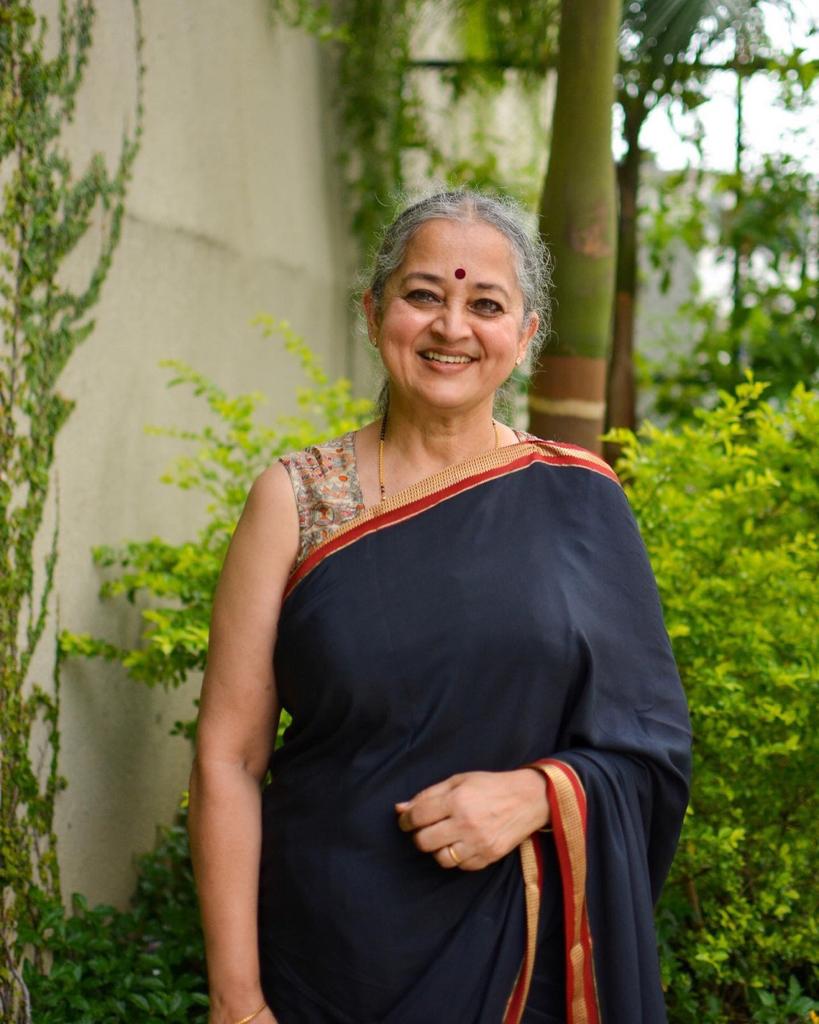Wedded to the Planet
Big fat Indian weddings have FAT wastes generated. There are a small group of people making a change in the way weddings are conducted.
Wedding are getting grander by the day. The visual feast, which goes viral, has entranced its viewers. Decorations, lightings, innumerable food counters, and nowadays a dream-like entry of the pair to accompanying fireworks, is the pattern. Everyone, regardless of means, wants their own version of a fairyland wedding and the excuse for the extravaganza often is, ‘after all, it is once in a lifetime’.
The scene after the wedding would be worth visiting too. Food waste, piles of withered flowers, plastic bottles scattered, paper cups strewn — pretty much like a war zone!
A traditional Indian family still saves up a large part of its income for weddings to be conducted. There is still an attempt to match, if not outdo the neighbours and friends in the scale of weddings.
Over 80,000 wedding at 530 venues in Bangalore were being held a decade ago and 943 tonnes of food, costing over Rs 300 crores, was being wasted here annually, said a study conducted by the University of Agricultural Sciences, Bangalore. That was a decade ago and things have surely worsened. Rough estimates say that 10 per cent of food served at weddings goes waste.
Borrowed wedding dress ?
Today, thanks to social media, just like destination weddings go viral, so does one where a model chooses to wear a family hand-me-down as the bridal dress, instead of buying a new one for a few lakh! Awareness is building. Girls are borrowing wedding gowns from friends and cousins. After all, it makes no sense to spend so much on a one-time wear. And, a novelty in wearing what your grandma wore on her wedding!
Tough as it is to make the break, people are slowly opting for eco-friendly weddings with zero waste. Among them have been celebrities like Bengaluru’s own ‘compost queen’ Vani Murthy. Her son’s wedding was one such zero-waste wedding.

Beginning with doing away with glitzy invitation cards that are laced with plastic, to the tamboolam and its contents, care was taken to ensure that it was all eco-friendly, says Vani. This was possible with a plan of action prepared well before the event.
“Caterers and the purohit were included and made to understand that there was to be no waste. No plastic water bottles were used. The food was served on steel tables that were cleaned and food was laid out on banana leaves. Only steel glasses were used.
An NGO was hired for the waste management and any waste was segregated and collected,” she says, adding that the arrangement was made to hand over good, left-over food to the NGO, Robinhood Army, but there was nothing much left behind.
Zero waste wedding
The purohit was advised to use minimum flowers for the ceremonies and these were collected later for composting. Even the decorations used were mostly made from cloth. The tamboolam, the traditional return gift, was designed in cloth and carried a coconut, two betel leaves and arecanut, with no little plastic packets. “Instead, we put in a piece of natural haldi/turmeric instead.”


In her zest for everything natural, she saw that all cleaning stuff used was made of soap nuts and natural materials.

There was no use of tissue, so rampantly used these days. Instead cloth towels were given which could be washed and re-used.

The rules were in place in all the rooms at the venue where the families stayed for the day. Steel tumblers and water stations were provided.
She and a group of like-minded friends have been learning from each event or wedding attended, says Vani, pointing to how the paan often came in plastic wrappers. At her son’s wedding, they decided to have a live stall, doing away with the wrapper.
Gifts given to close family were also eco-friendly like jackets made of hemp, steel straws, natural cosmetics, etc.


To a question on how to convince all parties involved in a wedding on the need to go zero waste or eco-friendly, Vani says, “People knew what I stand for so I did not face any resistance. However, we cannot convince anyone unless they are sensitive to the need. Even when friends who invite me apologise on use of plastic, etc I tell them not to. It all depends on what one believes in. If you think it’s a once in a lifetime event and want to go all out, you will do that. If you are sensitive to the waste you generate, you will change.”
Vani Murthy is on the board of the Solid Waste Management Round Table, a citizen’s initiative that works on awareness, policy, research and education.
She was a housewife till 15 years ago when she joined a resident welfare association and got to know of the challenges of waste management. On the advice of a friend, she began segregating waste at home and making her own compost. Today, her garden thrives on the manure she makes. She has been quoted as saying that composting is how she pays her rent to the planet.
Have you been paying yours?
— Jaya

All images are from the zero waste wedding of Vani Murthy’s son.
